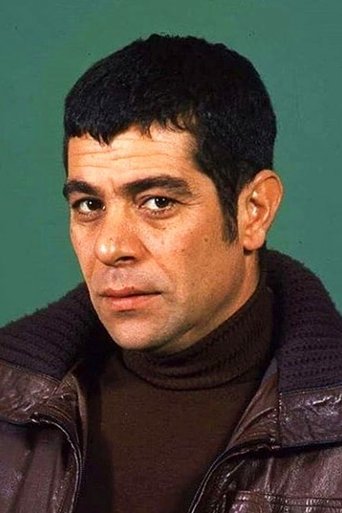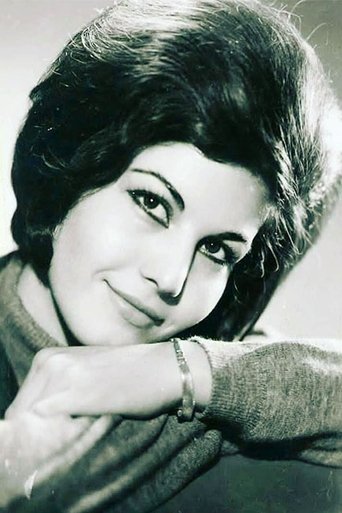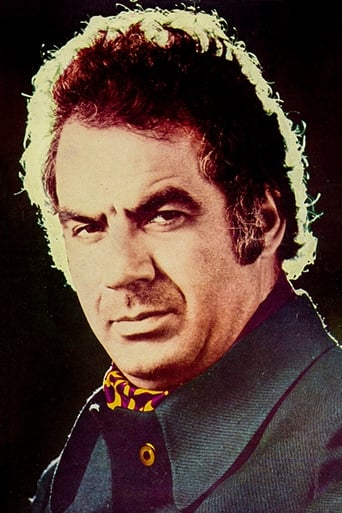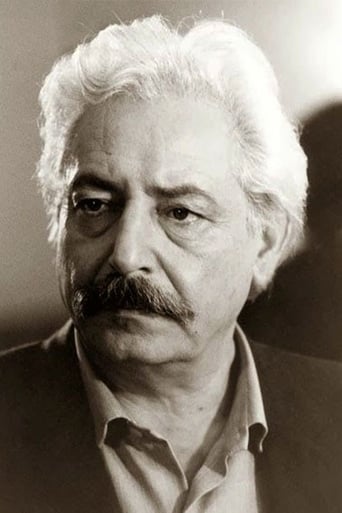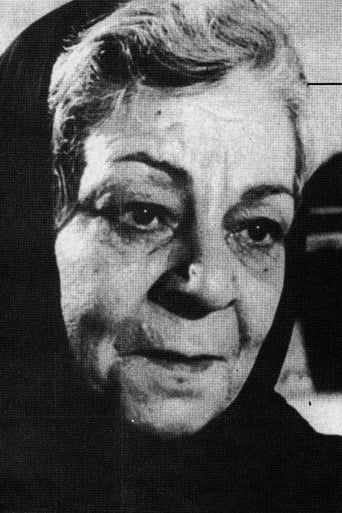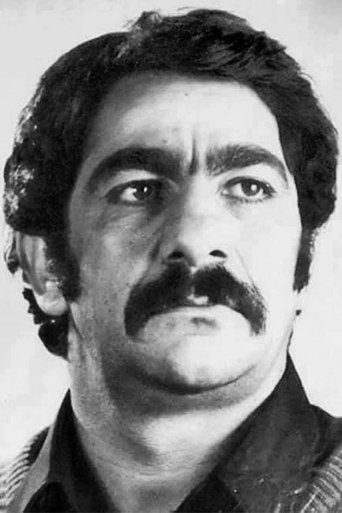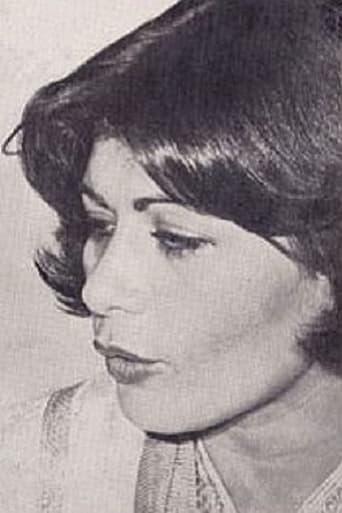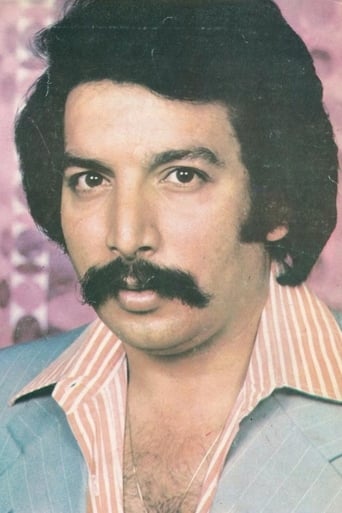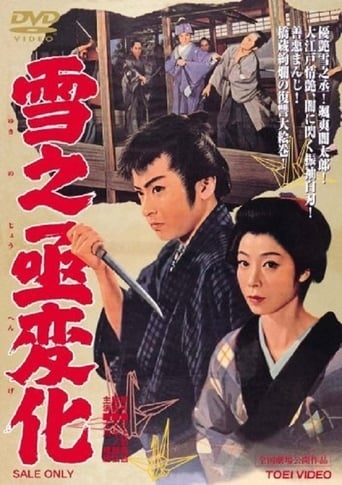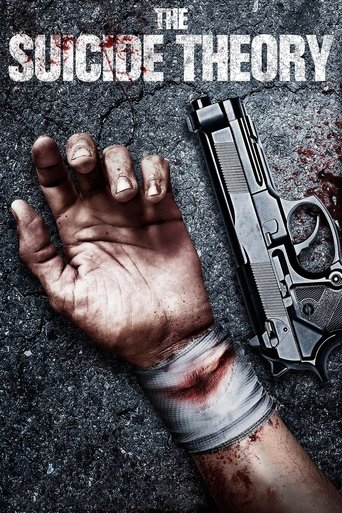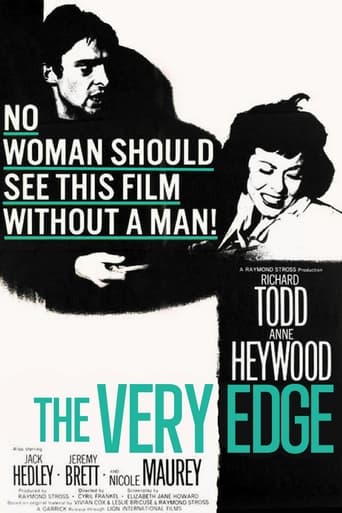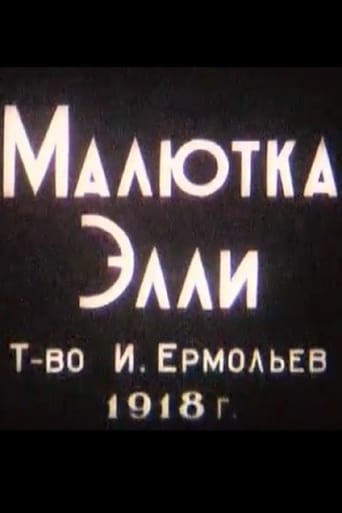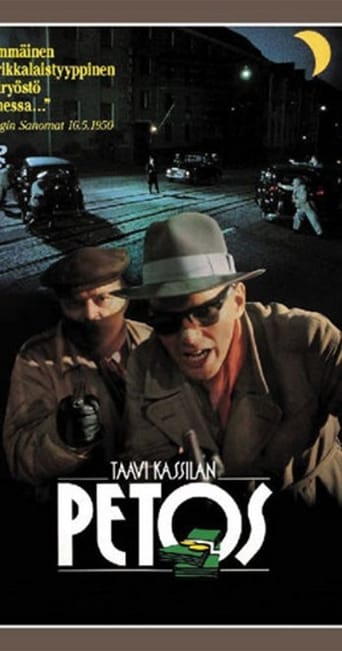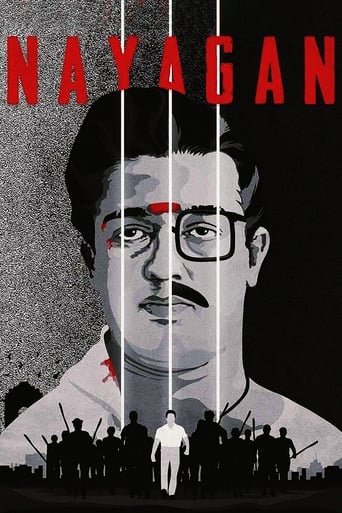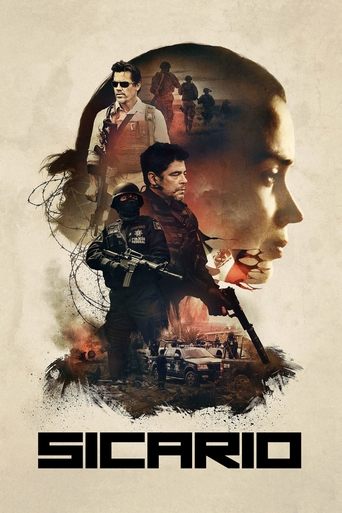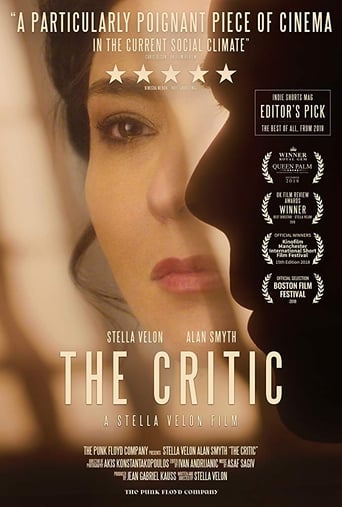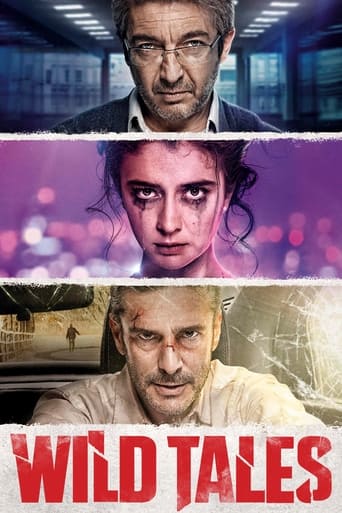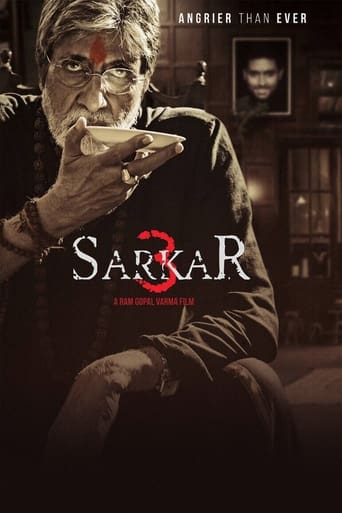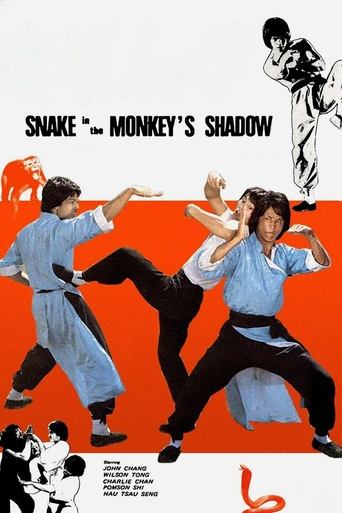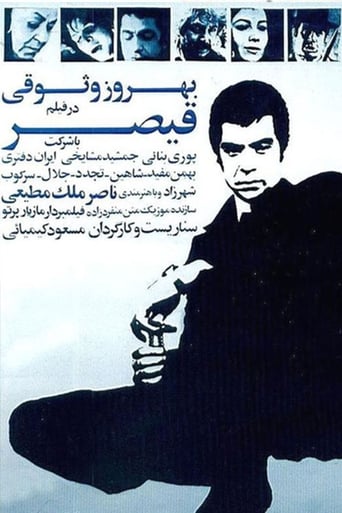
Gheysar (1969)
Gheysar returns home to find that his young sister has committed suicide and his older brother Farman got killed. When he finds that Aghmangol brothers are behind all of this decides to get revenge. His uncle advised him not to go after revenge but he begins to pursue them killing them one by one. Finally, when killing the last brother he himself is getting killed by the police.
- Masoud Kimiai
- Masoud Kimiai
Rating: 6.8/10 by 19 users
Alternative Title:
Qeysar - US
Kaiser - US
Gheisar - US
Qaisar - GB
Country:
Iran
Language:
فارسی
Runtime: 01 hour 40 minutes
Budget: $0
Revenue: $0
Plot Keyword: suicide, rape, revenge
Film Review: Gheysar (1969) – The Birth of Iranian Cinema’s Tough Guy Revolution A Nostalgic Journey: Gheysar on a Snowy Day in 1969 It was December 1969, a snowy day in Tehran, and instead of joining the masses for last-minute New Year shopping, I found myself at the cinema. The theater was nearly empty that afternoon—clearly, people had other priorities—but I was there, ready to be immersed in Gheysar. And oh, how astonished I was. Breathtaking Performance and Haunting Music Behrouz Vossoughi's performance left me speechless. His portrayal of Gheysar was raw, intense, and unforgettable. Coupled with the haunting score that seemed to linger in the air, I didn’t want to leave the theater. It was the kind of film that made you want to sit in your seat long after the credits rolled, just absorbing the experience. The Film’s Rise in Popularity Two weeks later, Gheysar was back in theaters, but this time with a much different scene. The longest line I had ever seen for a movie formed outside the ticket booth. The word had spread, and the film became a sensation. I, of course, watched it three more times because, well, there was no VHS, no streaming, nothing but the memory of those black-and-white images to hold on to. The Legacy Lives On Fast forward to 2024, and Gheysar still holds its place as one of the most iconic films in Iranian cinema. The team behind this masterpiece delivered a performance that has stood the test of time, and even today, I can still recall every detail of that snowy December afternoon. Before Gheysar, Iranian cinema had a pretty predictable flavor. It was all sunshine, songs, and moral lessons wrapped in neat little bows—more or less feel-good films with a focus on family values, traditional narratives, and happy endings. And then along came Gheysar, flipping the entire script and kicking off what could be called the "Before Gheysar" and "After Gheysar" era of Iranian cinema. Directed by Masoud Kimiai, Gheysar was a seismic shift. This movie didn’t show a hero who politely asked society to play fair. Nope. It showcased a man who, after his family is torn apart by violence and dishonor, decides that law and order are not delivering. So, he takes justice into his own hands with all the silent rage of a ticking time bomb. This was not your typical Iranian film hero—Gheysar was raw, dark, and determined, and suddenly, Iranian cinema had discovered the anti-hero. Before Gheysar – The World of Cheerful Morality Tales The Iranian film industry pre-Gheysar had a certain formula: melodramas, musicals, and feel-good movies that stayed within the bounds of traditional values. You had clean-cut protagonists who wouldn’t dare challenge societal norms—think a family-friendly hero who faced adversity with a smile. Sure, there was drama, but it was drama with a cushion. Everything wrapped up with life lessons, and a side of tea and cookies, of course. After Gheysar – Enter the Grit Then Gheysar came along, and suddenly, Iranian cinema had grit. It was a brutal wake-up call to the industry, as the film ditched the moral niceties for something far more primal: revenge. This film introduced a hero who wasn’t waiting around for the police or the courts to give him justice. Gheysar embodied a new kind of man—flawed, determined, and entirely unapologetic about the fact that sometimes you just need to do what needs to be done, no matter the consequences. The audience loved it. Gheysar captured the spirit of a society that felt increasingly disillusioned with old structures and wanted something more visceral. It was the cinematic equivalent of a middle finger to the old ways, and it resonated deeply with people who were tired of films that ignored the harsher realities of life. Changing the Game – From Pretty to Gritty What Gheysar did for Iranian cinema was seismic. It made room for darker, more complex characters and stories, ones that weren’t afraid to portray violence, vengeance, and moral ambiguity. No longer were heroes expected to be shining examples of virtue. They could be broken, vengeful, and conflicted—and audiences still rooted for them. This film birthed a new era where gritty realism took center stage. Suddenly, filmmakers weren’t afraid to tackle social issues head-on, and Gheysar became the blueprint for a wave of films that were edgier, darker, and far more emotionally intense. It wasn’t just about entertainment anymore—it was about challenging norms and pushing boundaries. Iranian filmmakers began exploring the depth of human emotion, societal injustice, and personal redemption. The Legacy of Gheysar The legacy of Gheysar goes beyond its revenge plot. It fundamentally changed the trajectory of Iranian cinema by showing that audiences were hungry for something more substantial. This film opened the floodgates for Iranian directors to experiment with more complex themes, darker characters, and a grittier portrayal of life. It paved the way for filmmakers like Dariush Mehrjui and Abbas Kiarostami to push the boundaries of the art form. In short, Gheysar wasn’t just a movie—it was a cultural moment. It marked the point where Iranian cinema shed its conservative skin and stepped into a bolder, braver future. The divide between the pre-Gheysar and post-Gheysar eras is as stark as Gheysar’s own silent stare before delivering justice: cool, calculated, and a total game-changer. I have watched this old movie at least 20 times. Manour Ansari, Oklahoma City, USA. 2024

